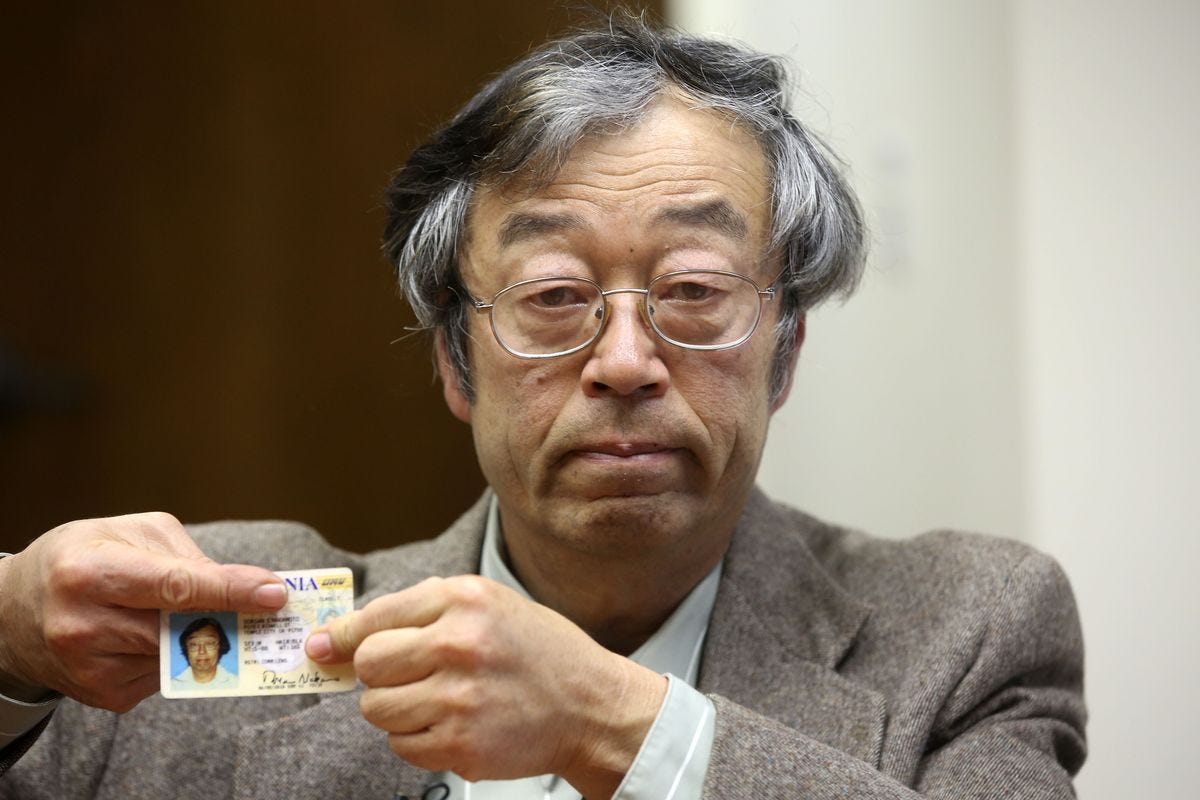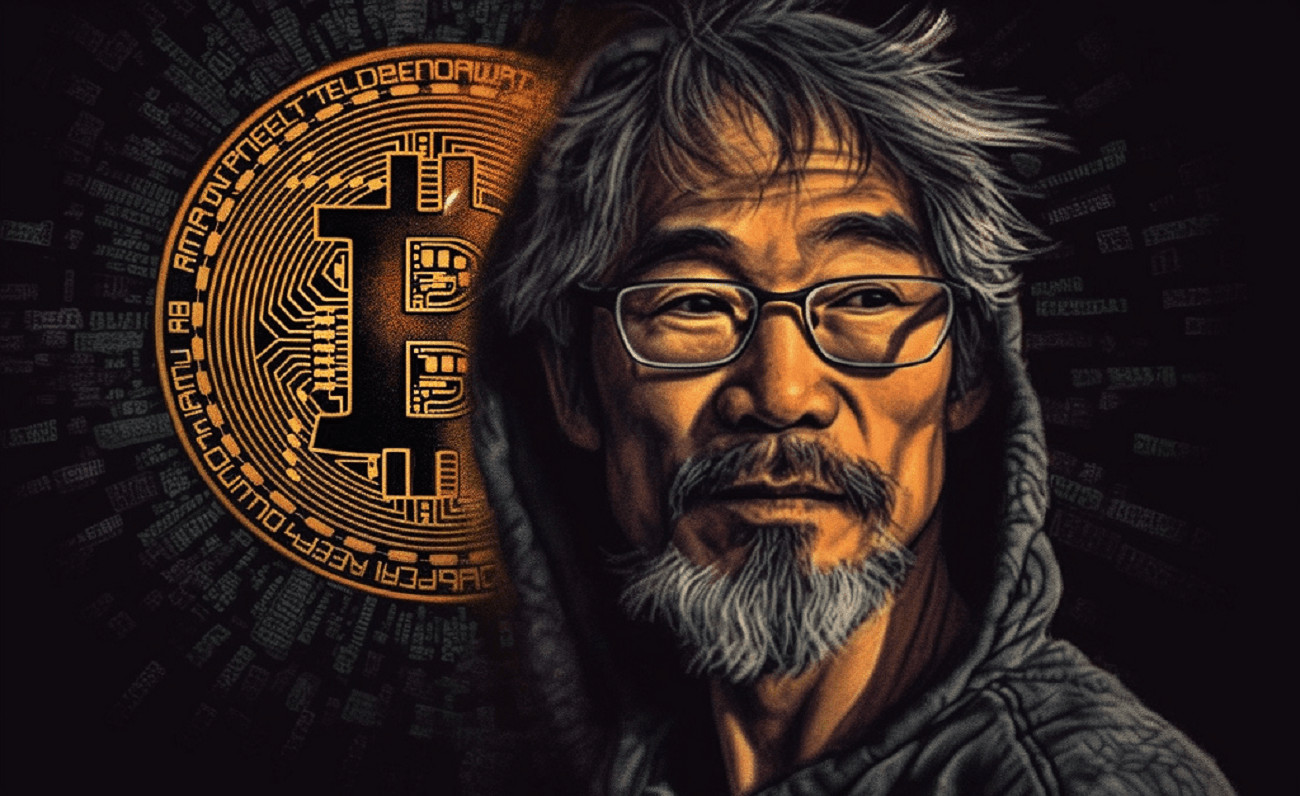In the ever-evolving world of cryptocurrency, the question “who created bitcoin” often arises, leaving many intrigued and curious. Designed by an unknown person or group of people, Bitcoin’s mysterious origins lead us down a fascinating rabbit hole filled with innovation, potential, and speculation. In this article, we’ll explore the story behind Bitcoin’s creation, its implications, and the mind-blowing concepts that drive this digital gold.

who created bitcoin
An Enigma Named Satoshi Nakamoto
Bitcoin was introduced to the world in 2008 through a white paper titled “Bitcoin: A Peer-to-Peer Electronic Cash System,” authored by the pseudonymous figure Satoshi Nakamoto. The sheer anonymity of Nakamoto has sparked endless theories and discussions regarding their true identity. Could it be a single genius coder, or perhaps a collective of cryptographers? To date, the real identity remains a well-kept secret, which adds a layer of mystique to the entire cryptocurrency movement.

who created bitcoin
Satoshi’s White Paper: The Birth of a Revolution
The white paper outlined the principles of a decentralized digital currency, combined with peer-to-peer technology. It was revolutionary because it suggested a way to remove intermediaries like banks from financial transactions. Imagine a world where you send money directly to someone without needing a bank to verify the transaction—it was a radical shift in thinking.

who created bitcoin
The Core Concepts: What Makes Bitcoin Unique?
Bitcoin is built on blockchain technology, a decentralized ledger that records all transactions in real-time. This transparency and security are core attributes that set Bitcoin apart from traditional currencies. Notably, Bitcoin operates on a limited supply—only 21 million Bitcoins will ever exist—adding scarcity to its value proposition.

who created bitcoin
Understanding Bitcoin’s Evolution
Fast forward to today, and Bitcoin has evolved dramatically since its inception. Initially valued at mere cents, Bitcoin has overtaken many traditional investments in terms of growth. This segmentation between its beginning and now illustrates how technological adoption can radically shift perceptions and financial landscapes.

who created bitcoin
Bitcoin Meets the Masses
The early adopters of Bitcoin were tech-savvy individuals and libertarians seeking financial independence from government control. However, as public awareness increased, Bitcoin began appealing to a broader demographic. Stories of individuals striking it rich overnight fueled a wave of interest, driving up demand and price.
Real World Case Studies: The Bitcoin Booms
Consider the impressive trajectory of Bitcoin’s price through various key events. For instance, during the 2017 bull run, Bitcoin reached an all-time high of nearly $20,000, creating a frenzy in various markets. In contrast, the digital currency has also faced significant downturns, such as the 2018 collapse, showcasing the wild volatility inherent in cryptocurrency investments.
Why Bitcoin Matters in 2024
As we step into 2024, understanding Bitcoin’s role in the global economy is critical. With increasing adoption from institutional investors and breakthroughs in scalability solutions like the Lightning Network, Bitcoin is solidifying its place as a potential store of value akin to gold.
The Institutional Wave: FOMO and Beyond
Big players have started to embrace Bitcoin, leading to a legitimate interest from traditional financial institutions. Companies like Tesla and Square have invested heavily in Bitcoin, signaling that the digital asset is more than just a trend—it’s here to stay.
Regulatory Landscape: Friend or Foe?
However, as Bitcoin grows, so does scrutiny from regulators worldwide. Countries grapple with striking a balance between fostering innovation and protecting consumers. For example, while the U.S. is working towards clearer regulations, other countries, like El Salvador, have embraced Bitcoin as legal tender, further enhancing its global footprint.
User Experiences: The Bitcoin Journey
Let’s take a moment to share real user experiences. John, a 30-year-old software engineer, began investing in Bitcoin in 2020. “I was skeptical at first. But after seeing friends double their investments, I jumped in,” he said. John’s story echoed the sentiments of many investors, illustrating how peer influence can drive cryptocurrency investments.
Risks vs. Rewards: A Balanced Perspective
While Bitcoin offers lucrative opportunities, it is not without risks. Market volatility can lead to significant losses, and not everyone who invests will strike gold. It’s crucial for potential investors to understand both the rewards and the inherent risks.
The Emotional Rollercoaster of Trading
As observed from various trading communities, the emotional toll of trading Bitcoin can be intense. Users often share their anxieties about market dips and subsequent highs. It’s not just money at stake; it’s peace of mind and future planning that gets intertwined with this digital currency’s unpredictable nature.
Bitcoin vs. Traditional Finance
To put things into perspective, let’s analyze how Bitcoin stacks up against traditional financial systems.
Decentralization vs. Centralization
Unlike banks that operate within a centralized framework, Bitcoin thrives on decentralization. This means transactions occur between users without a middleman, which can drastically reduce transaction fees and increase speed, especially across borders.
Case Study: International Remittances
For instance, a study revealed that using Bitcoin for international remittances can save up to 30% in fees compared to traditional methods. Families across the globe can benefit from reduced costs when sending money home, showcasing Bitcoin’s potential to change lives.
Benefits of Bitcoin: A Look Forward
As we continue to explore the topic of “who created bitcoin,” it’s worth discussing its benefits that could resonate further in the future.
Financial Freedom and Privacy
Bitcoin allows users a level of financial freedom and privacy that traditional banks struggle to provide. Its architecture empowers individuals to store and transfer wealth without government intervention, appealing to those wary of inflation and financial control.
The Future of Currency: Will We See a Shift?
As digital currencies gain traction, we may witness a significant paradigm shift in currency use. With potentially greater adoption by mainstream audiences, Bitcoin might redefine how we perceive money and value, enhancing financial sovereignty for users around the world.
Final Thoughts: The Future of Bitcoin
The mystery behind “who created bitcoin” may remain unsolved, but the impact of this cryptocurrency is undeniable. As we venture into 2024, Bitcoin’s role as a digital asset, a potential store of value, and as a medium for financial transactions will likely evolve further, reaffirming its importance in both the financial and technological landscapes.
Whether you’re a seasoned investor or a curious newcomer, understanding Bitcoin’s past, present, and future may help you confidently navigate this complex yet fascinating new world.
Join the Conversation!
What are your thoughts on Bitcoin? Are you excited about its future, or do you see it as a risk? Let us know in the comments below!


